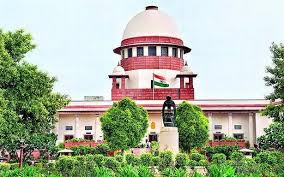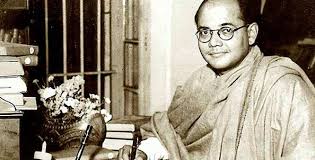
Governor is bound to convene a meeting of the Assembly for a floor test on the recommendation of the Cabinet. The five-judge Constitution Bench judgment of the Supreme Court in Nabam Rebia versus Deputy Speaker on July 13, 2016 held that a Governor cannot employ his ‘discretion’, and should strictly abide by the “aid and advice” of the Cabinet to summon the House.
Daily Current Affairs Quiz 2020
Key-Points
A Governor cannot employ his “discretion”, and should strictly abide by the “aid and advice” of the Cabinet to summon the Assembly for a floor test.
The Governor can summon, prorogue and dissolve the House only on the aid and advice of the Council of Ministers with the Chief Minister as the head. And not at his own.
Even the Constituent Assembly was wary of extending the Governor’s discretion. Though the draft Constitution had vested the Governor with the discretion to summon and dissolve, it was latter omitted by the framers of the Constitution.
Article 163 of the Constitution does not give the Governor a “general discretionary power to act against or without the advice of his Council of Ministers”.
Governor’s discretionary powers are limited to specified areas like giving assent or withholding/referring a Bill to the President or appointment of a Chief Minister or dismissal of a government which has lost of confidence but refuses to quit, etc.
The judgment is significant in the present deadlock between Rajasthan Governor Kalraj Mishra and Chief Minister Ashok Gehlot over the summoning of an Assembly session for a floor test.





